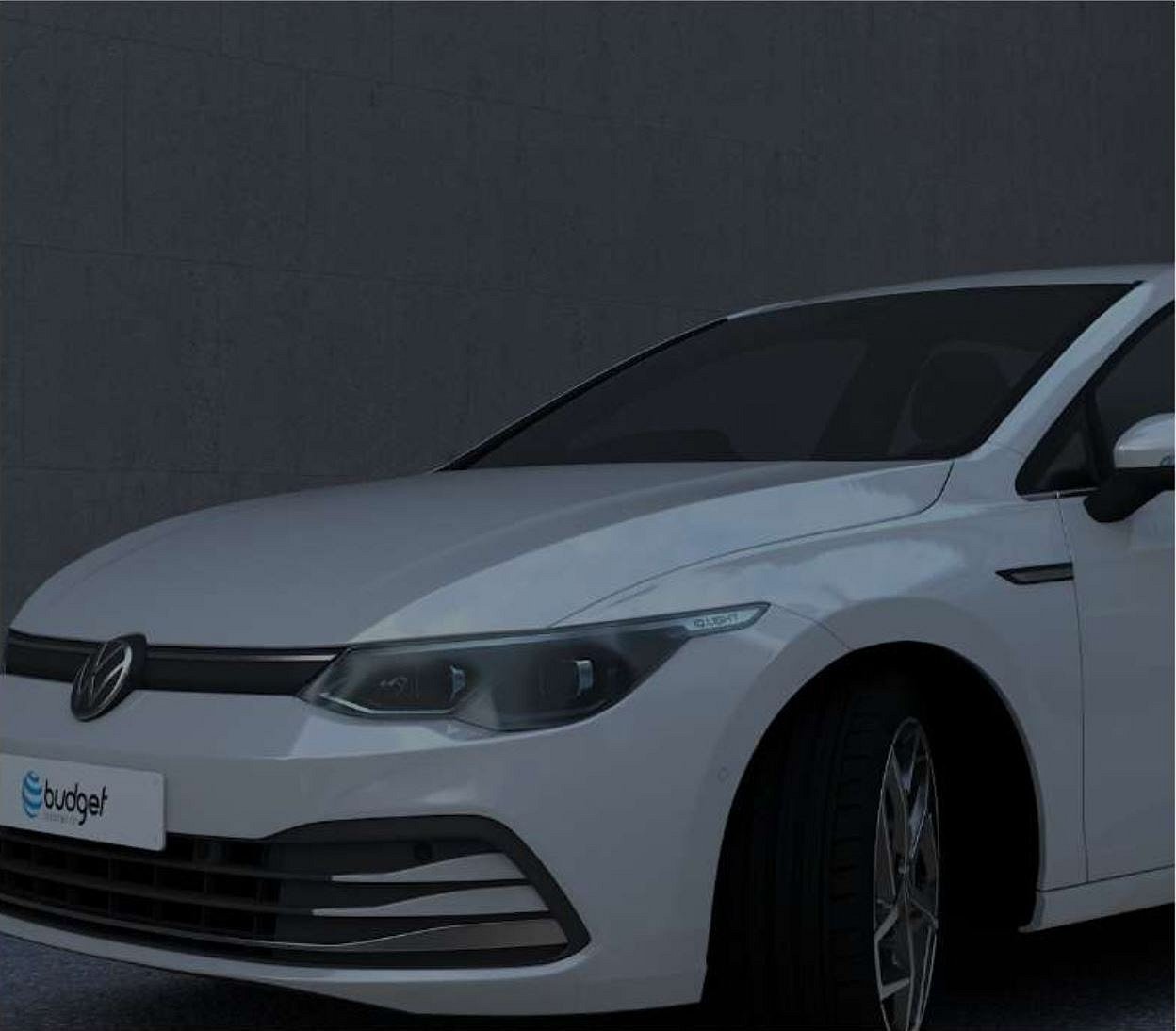House & Home
7 Packing and moving tips

Its all Insurance

Weather forecasters are urging residents of the Western and Northern Cape to be prepared for freezing temperatures, heavy rains, snow, and gale-force winds. During this time, it’s important to us that you take care of yourself, your loved ones, and your valued possessions. Have a look at the tips we’ve put together below to help you do this.
HAIL AND SNOW:
FLOODS:
SEVERE THUNDERSTORMS, WIND AND LIGHTNING:
You can count on us to help you out if you need to submit a claim; simply call 0861 60 01 20.
